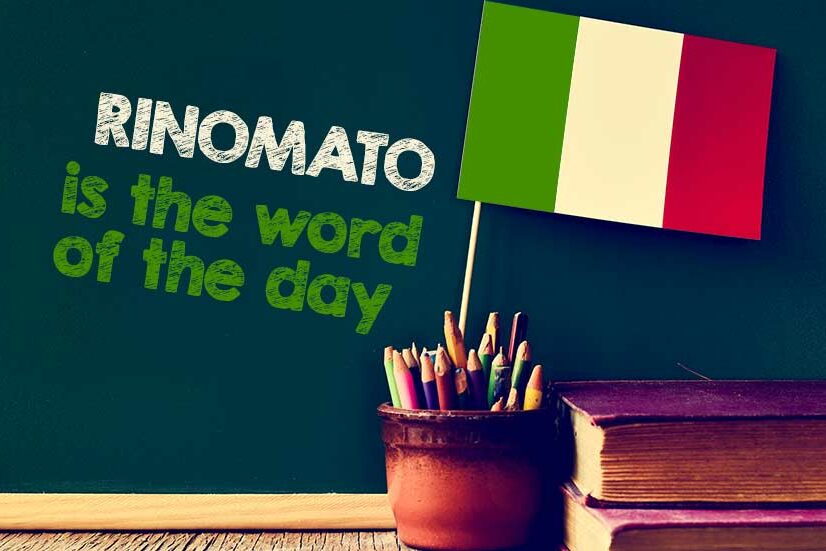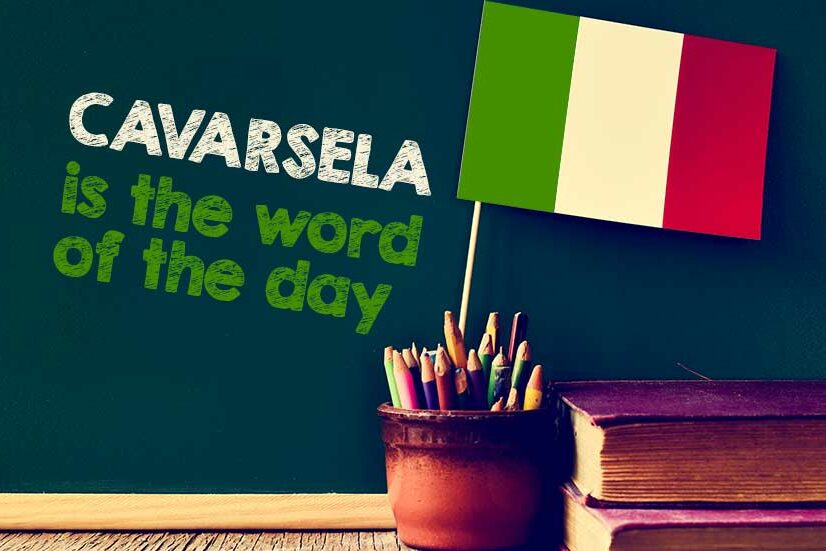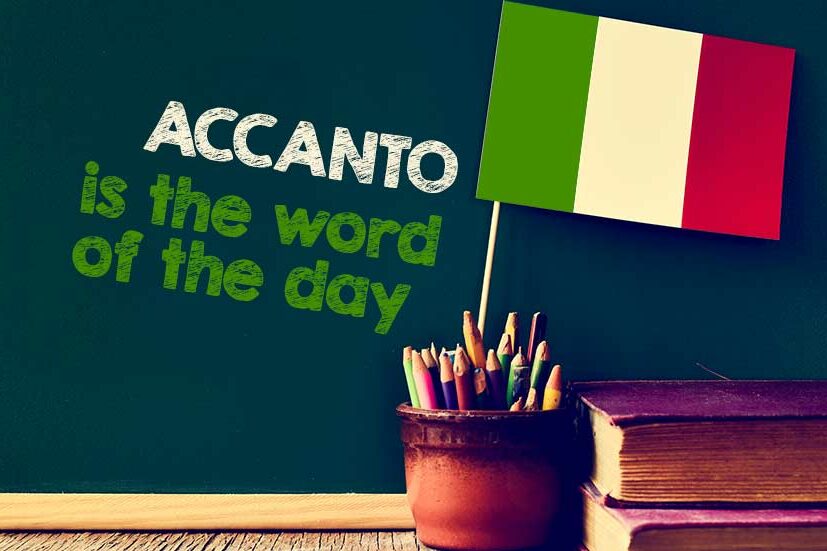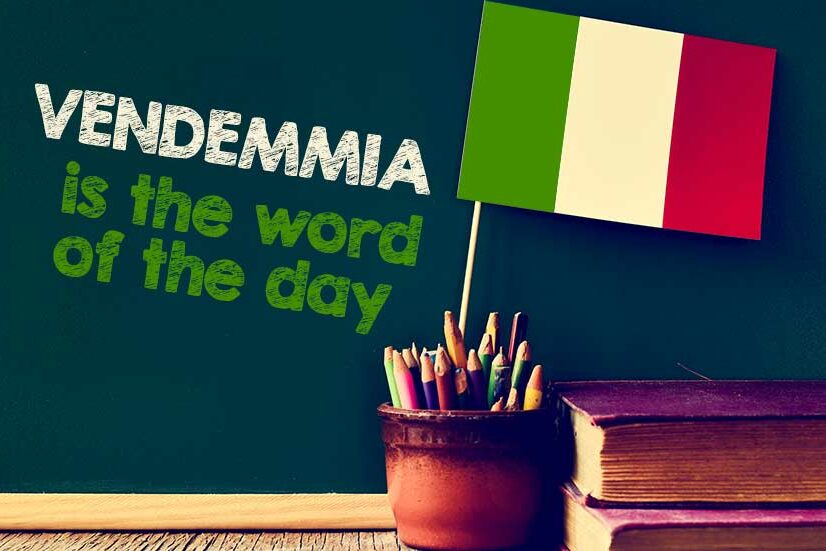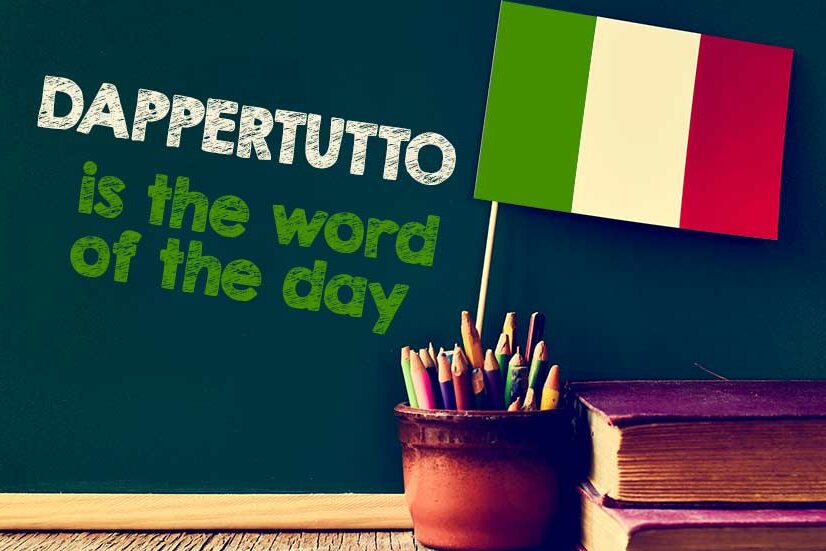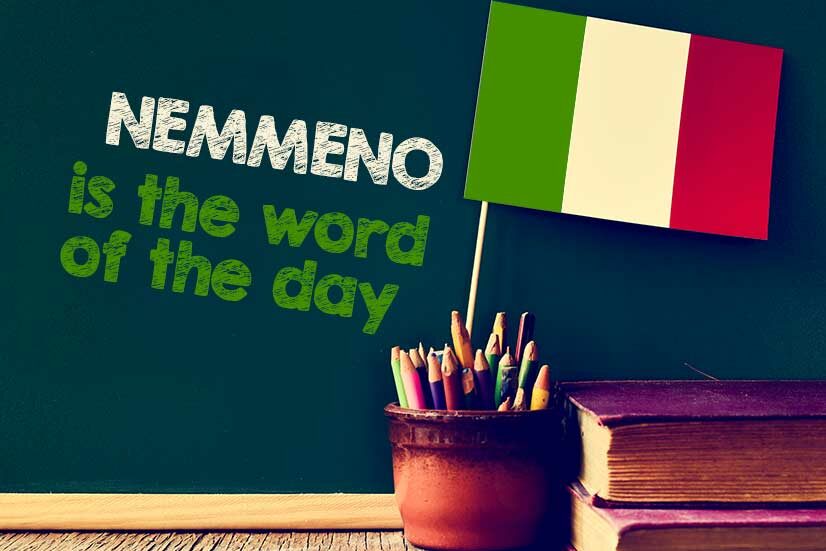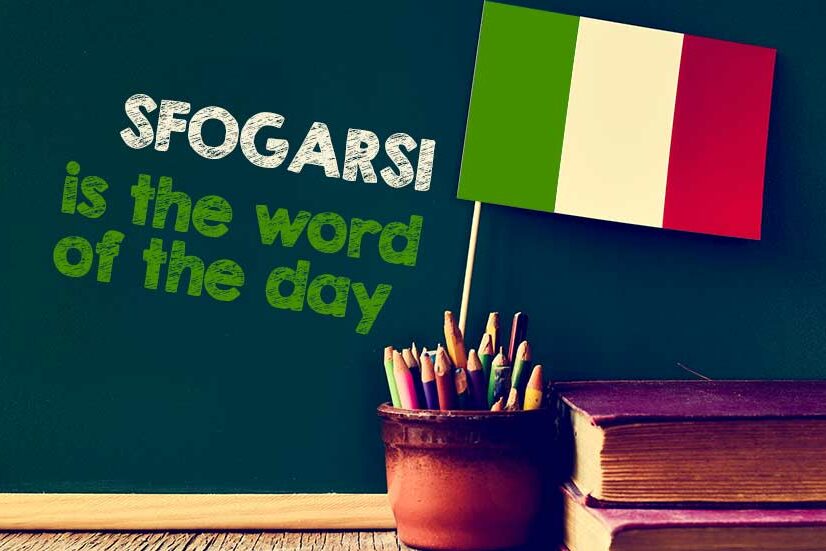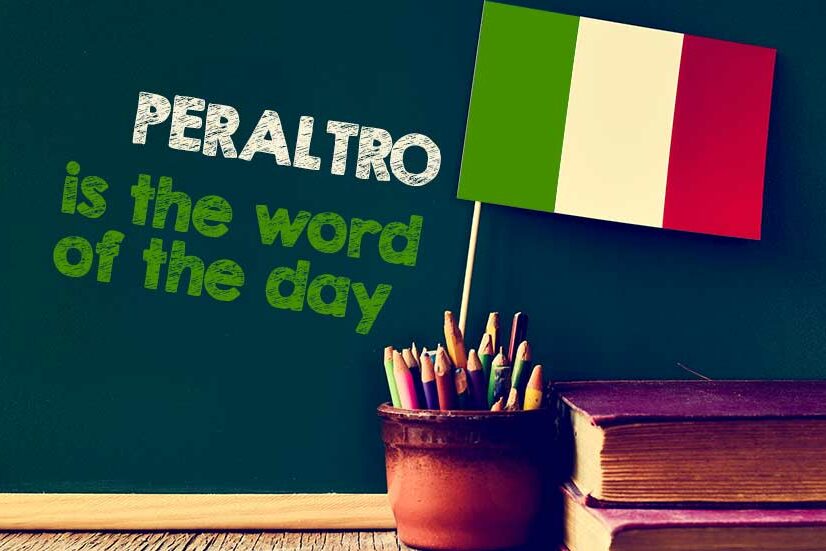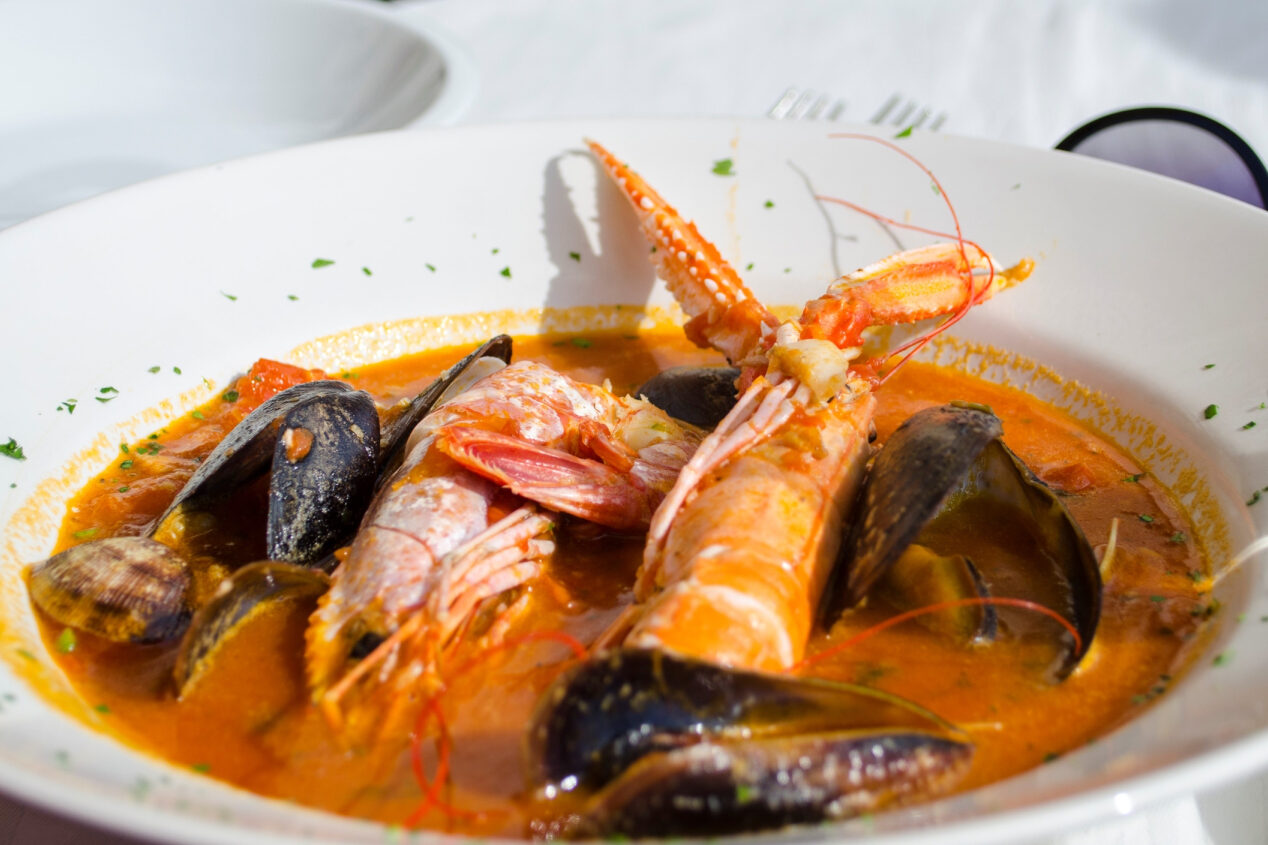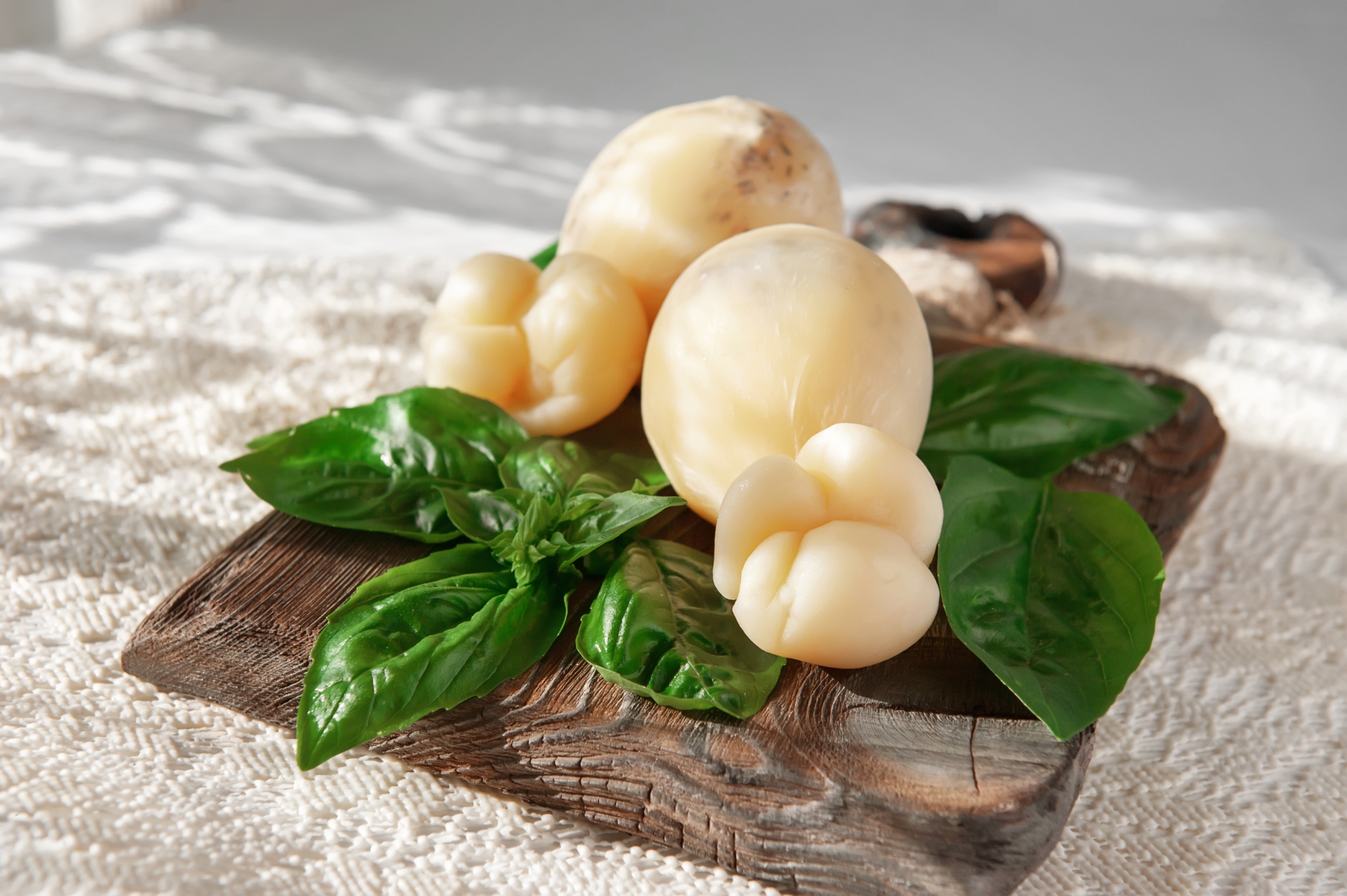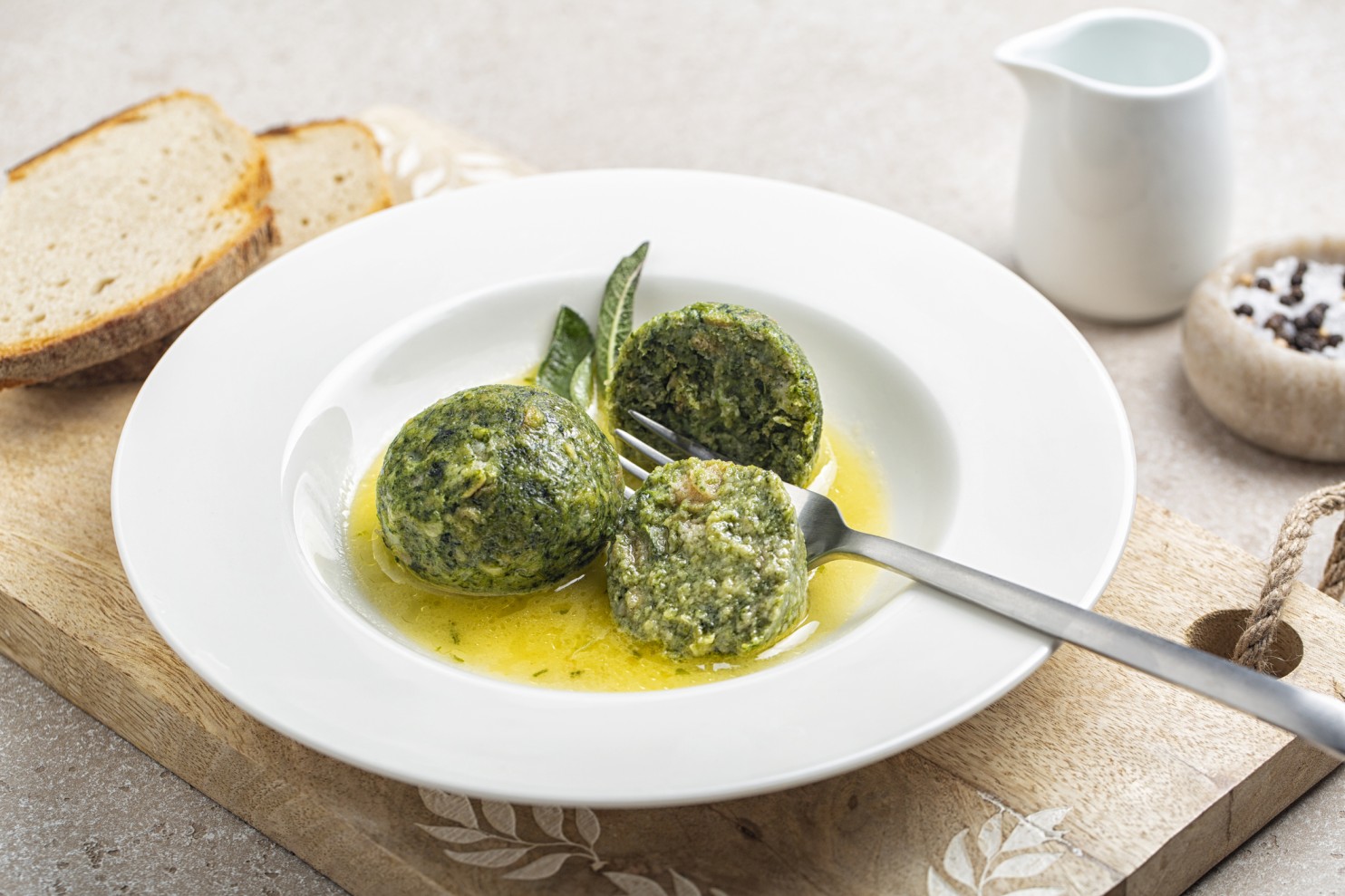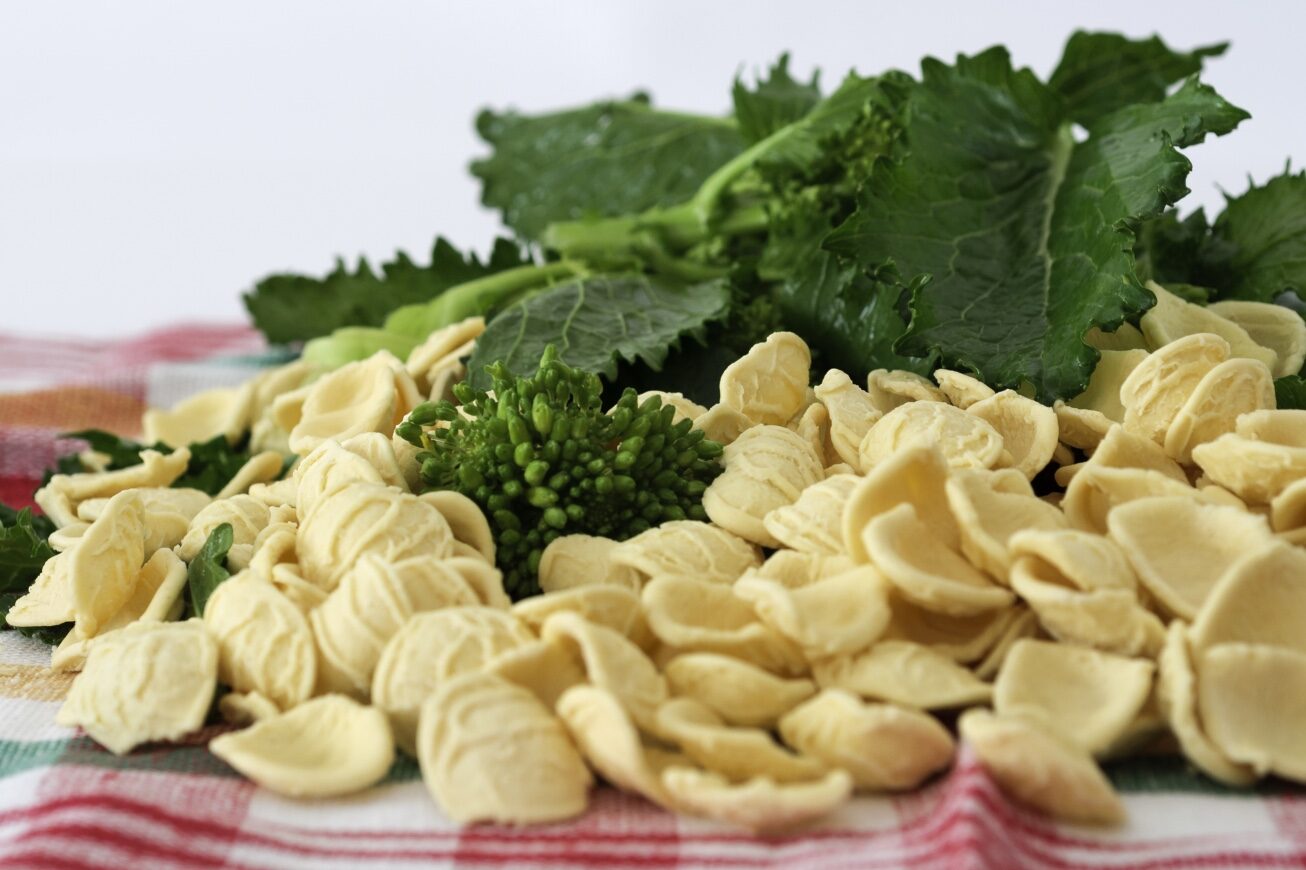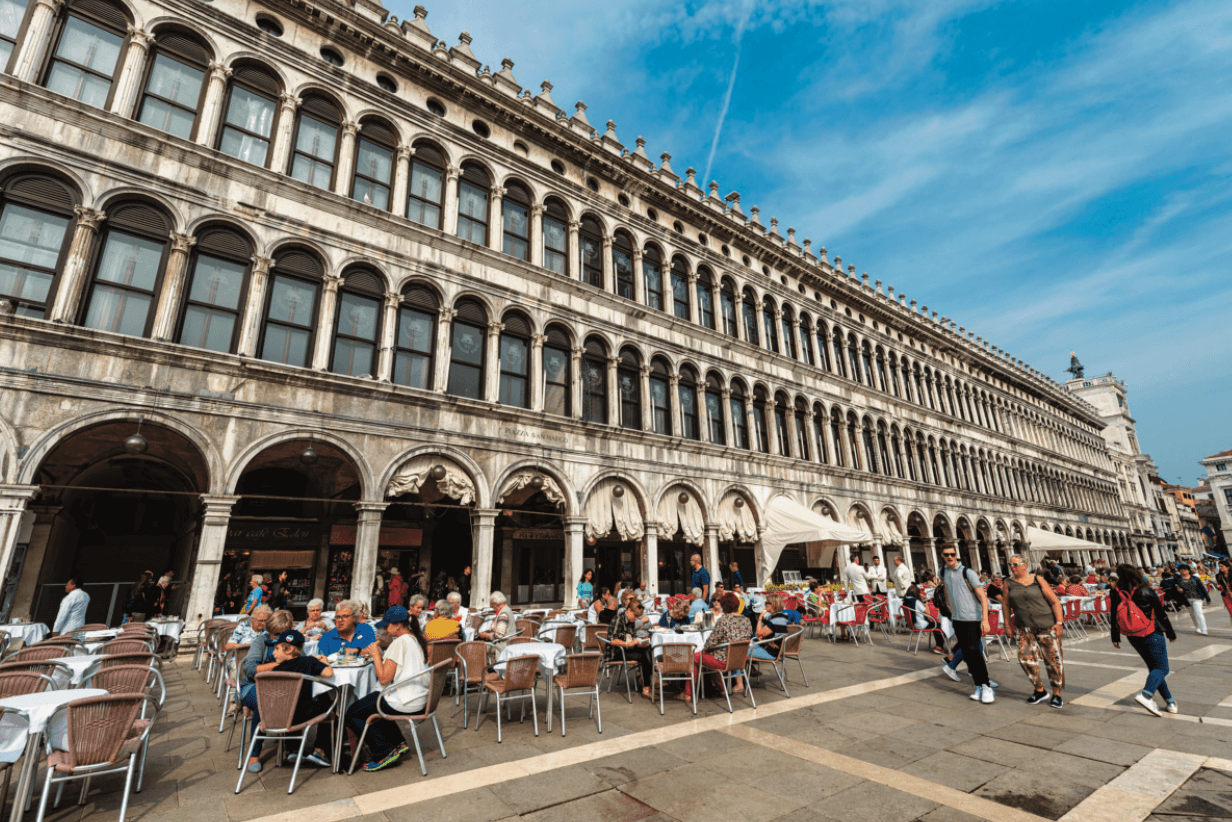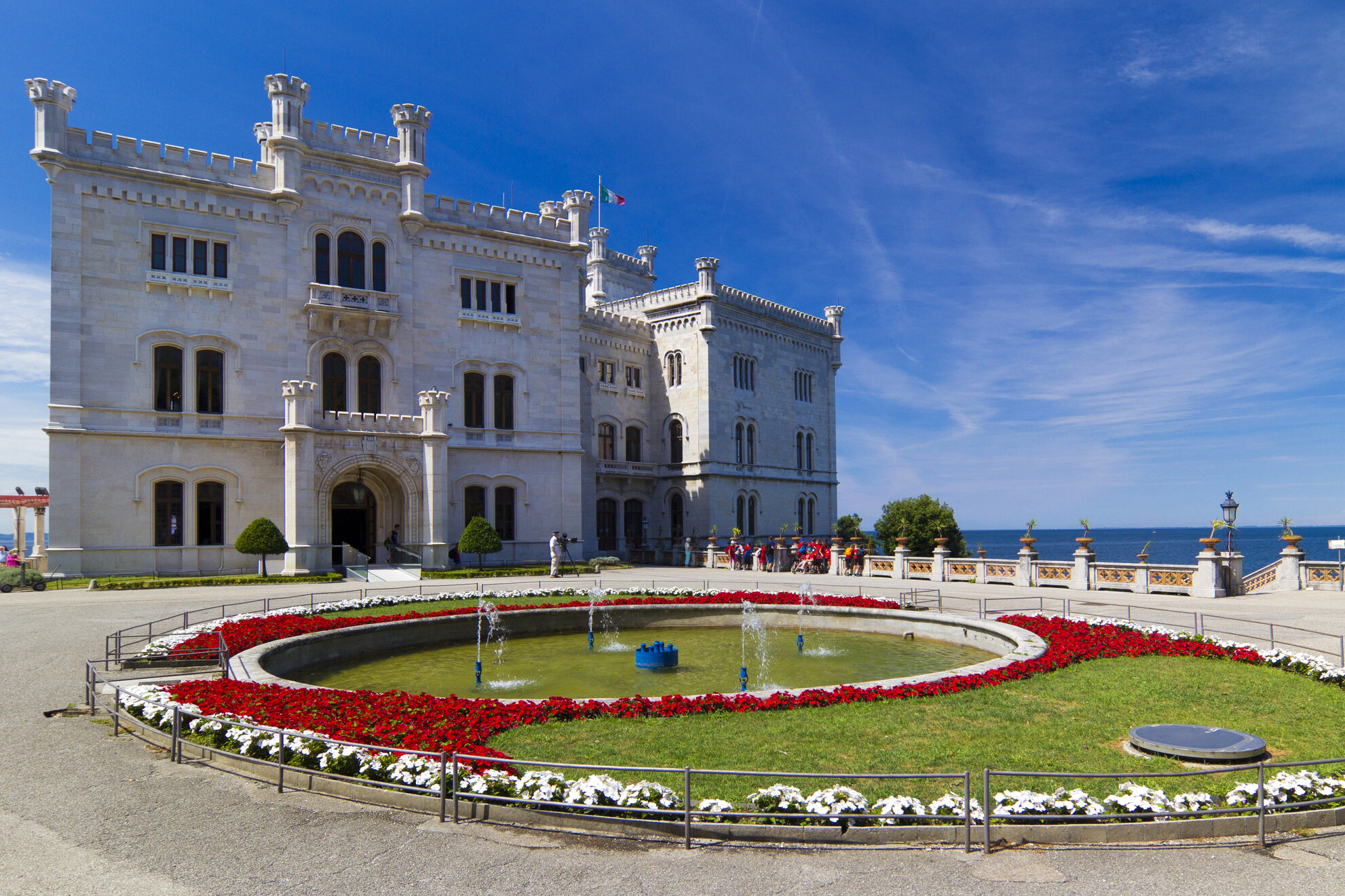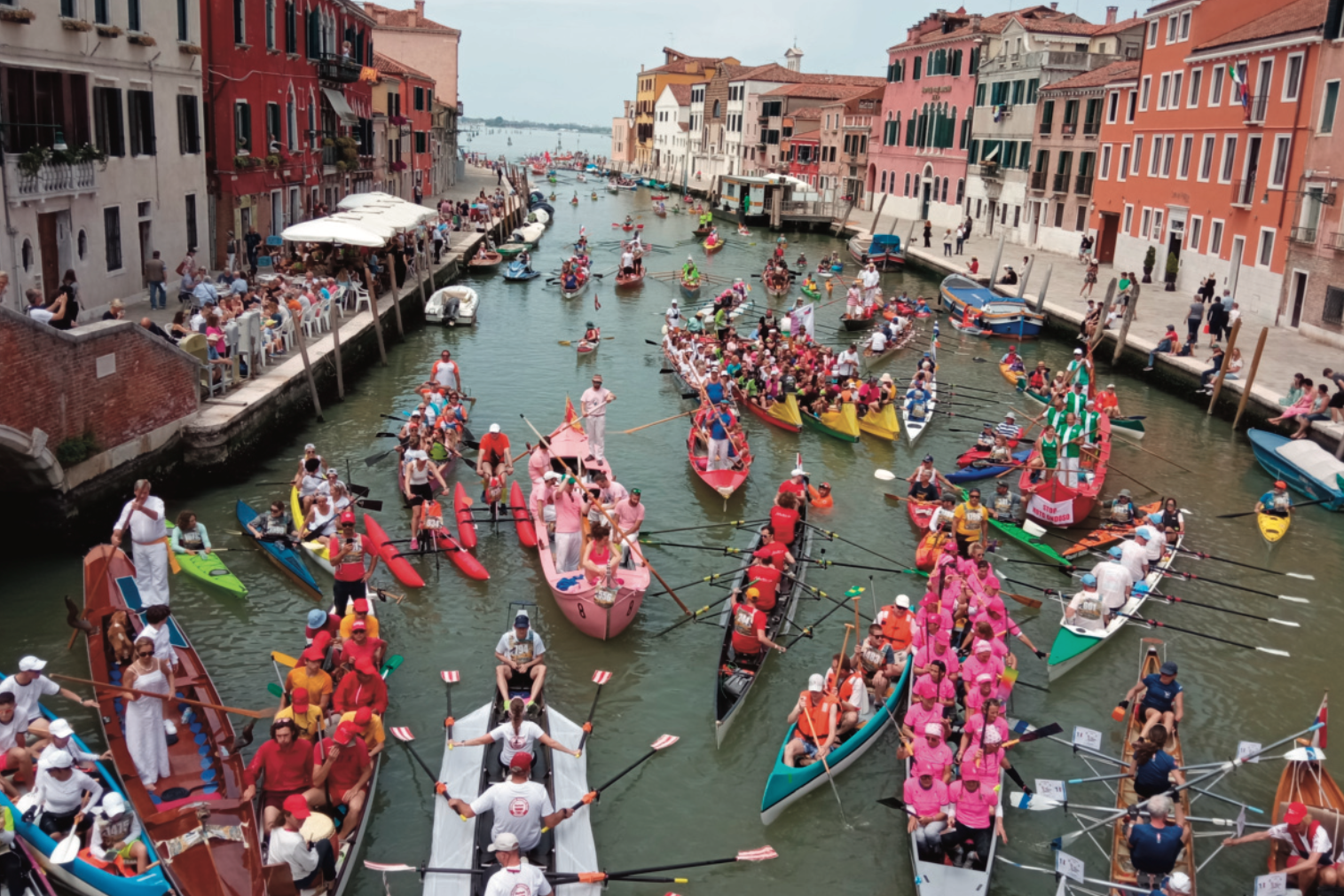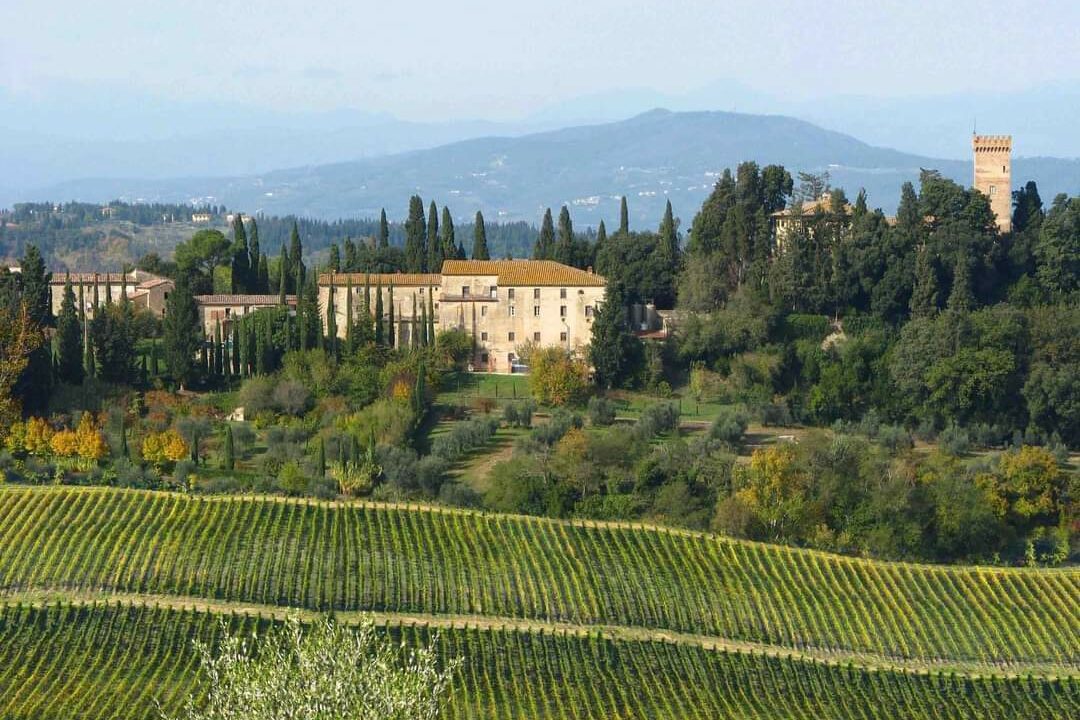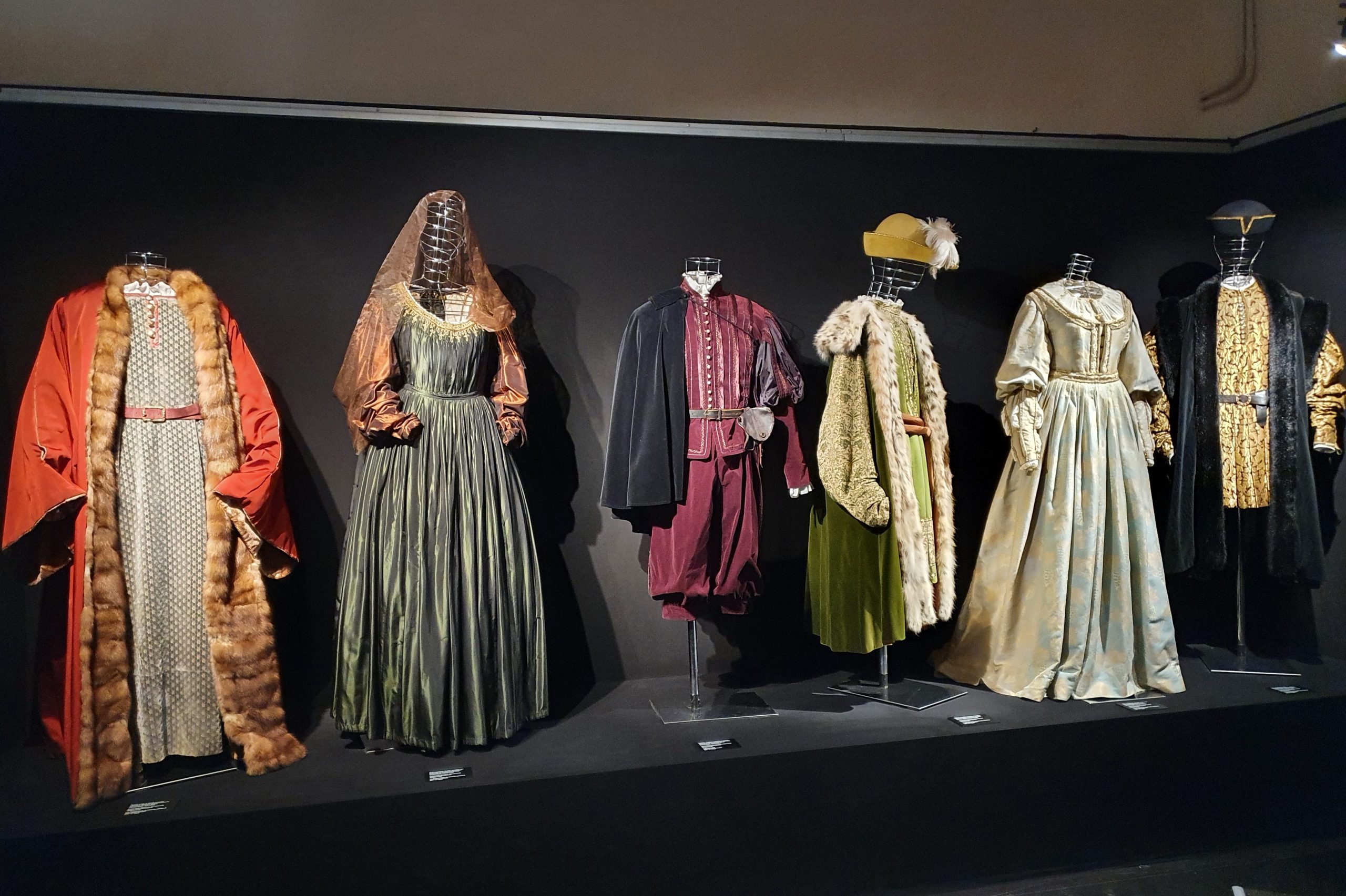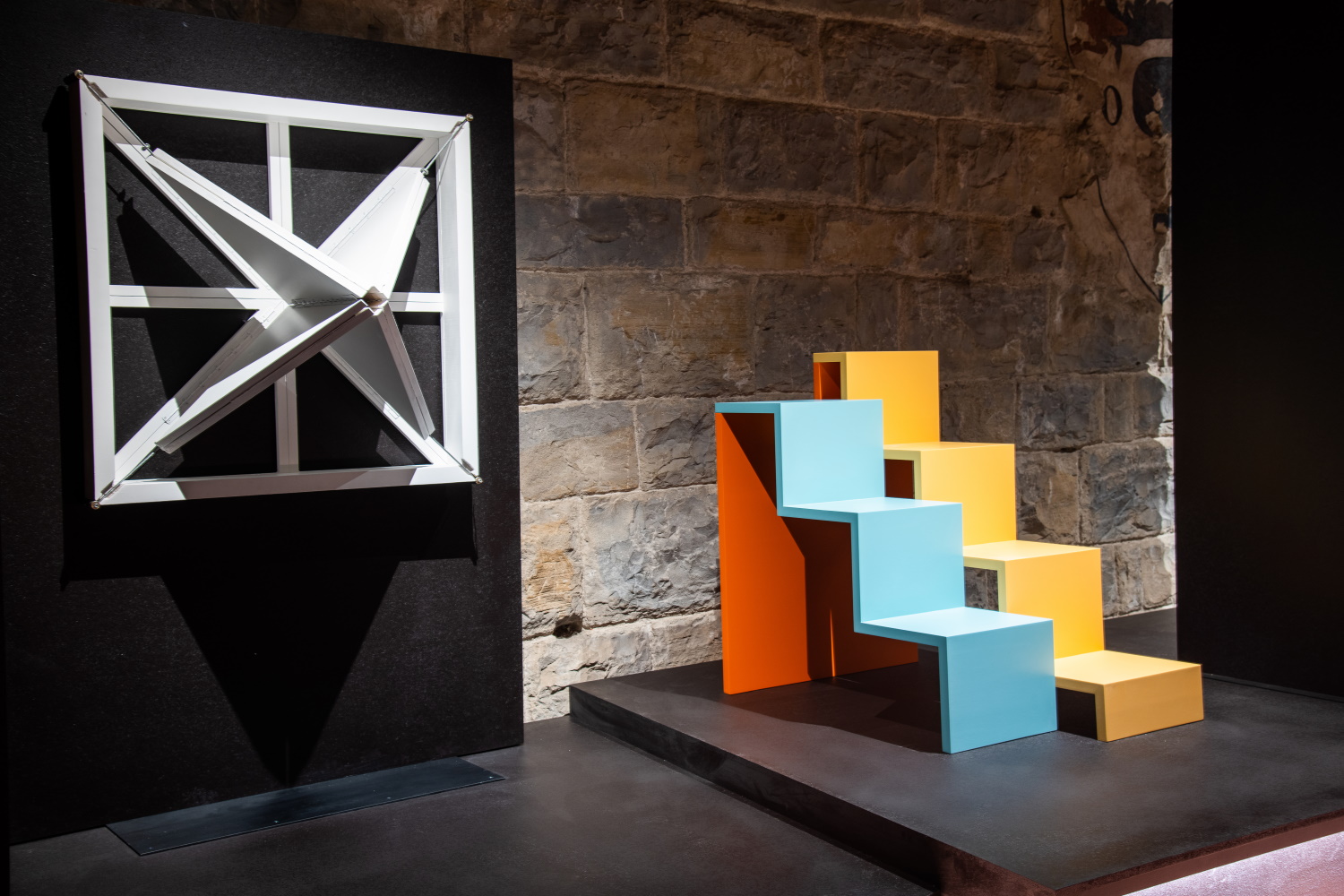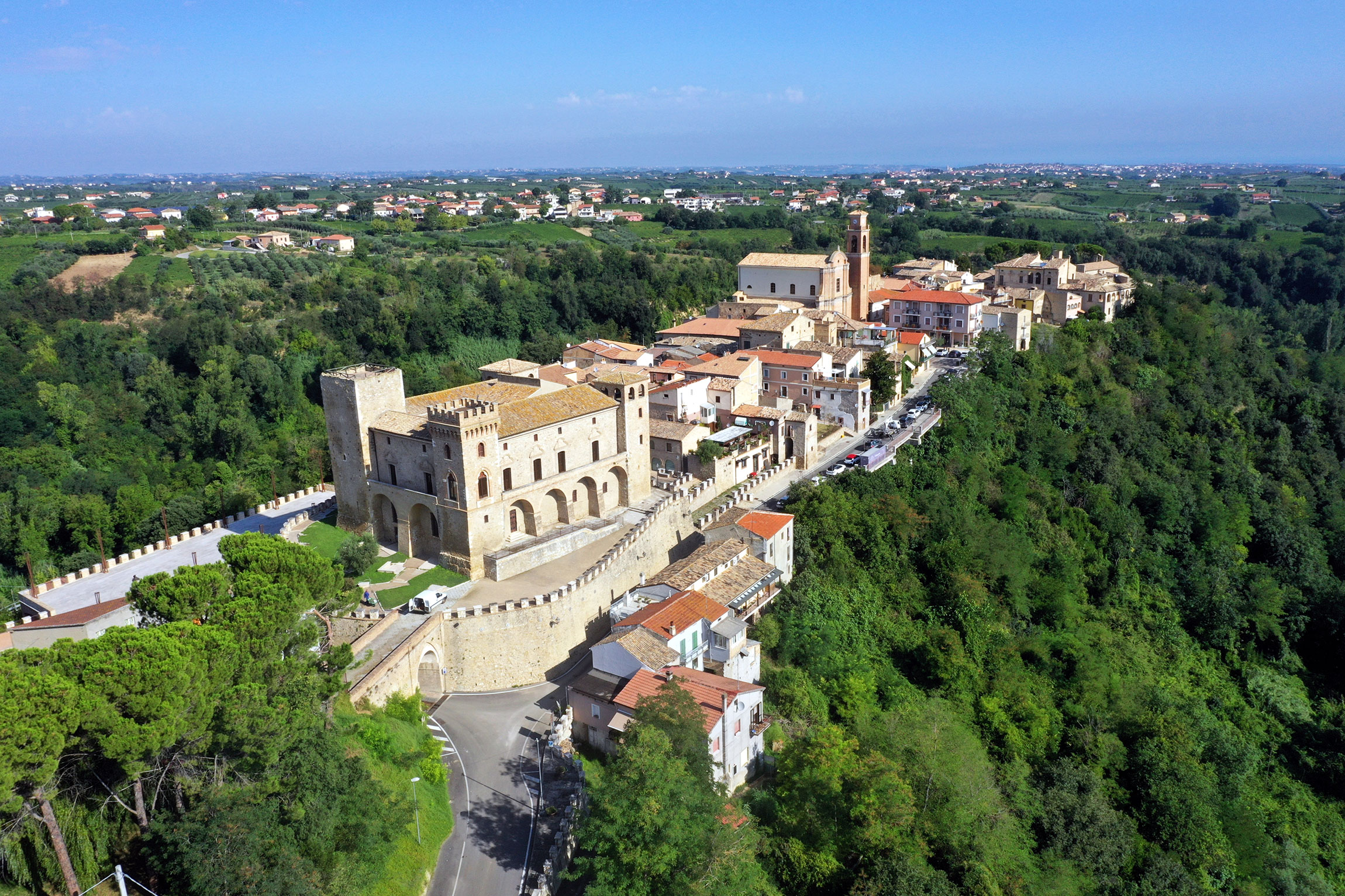Word of the Day
Today’s word, rinomato(ree-noh-ma-toh) encapsulates the essence of elegance, respect, and high quality. The English equivalents “renowned” or “well-known,” only partially capture its full meaning. Rinomato is not just about fame or popularity, it’s about a deep-seated respect and recognition of genuine talent …
Cavarsela (cah-vahr-sai-lah)– is a delightful Italian expression, brimming with nuances and subtle connotations. Its strictest meaning is about making it through tough circumstances, not necessarily unscathed, but certainly undeterred. In English, we can translate it with “getting away with,” “getting …
The word accanto (ahk-kahn-toh) comes from the fusion of the Italian word canto and the prefix “a.” Canto in Italian can refer to singing, but is also an old-fashioned way to say “corner,” or “side.” The prefix “a,” on the …
In Italy, the word vendemmia (vehn-dehm-mee-ah) is an experience more than it is a word! Rooted in the Latin word vīndēmia, it refers to the grape harvest, a quintessential event that marks the Italian fall season. The word itself is a blend of vinum, …
Today’s word is indeed very common and you can hear it dappertutto! Dappertutto (dahp-pair-toot-toh) is a delightful term that’s as fun to say as it is to use. It’s an adverb that means “everywhere” or “in every place.” The word is a compound …
The Italian verb rafforzare (rahf-fohr-tsah-rai) comes from the union of the prefix “ra-“, which indicates repetition or reinforcement, and the root noun forza. The latter, in turn, comes from the Latin adjective fortis, which gave the late Latin noun fortia. Rafforzare was used for the first time in …
Our special word, on this beautiful mid-October fall day, is inoltre(ee-nohl-trai). Inoltre is an adverb that means “besides,” “furthermore,” or “in addition,” and it derives from the Latin words in ultra, which means “beyond.” According to sources, inoltre has been …
Today’s word, nemmeno (nehm-mai-noh), is a versatile little word. This adverb and conjunction is employed in various contexts and it can have a variety of meanings, depending on the context. Tracing the origins of nemmeno we find that it is a univerbation of “né …
Today’s word is grigliata(greel-lyee-ah-tah). Grigliata refers to a method of roasting where food is placed on a grill, suspended over embers, an electric coil, or gas burners: in simpler words, Italy’s grigliata is the world’s barbeque! The term itself derives from the Italian …
Translating a word from one language to another is not always straightforward. An example of it is today’s word, sfogarsi (sfoh-gahr-see). Rooted in the Italian word for “ardor” or “passion” (foga), sfogarsi appeared in our language in the 14th century and it is commonly …


